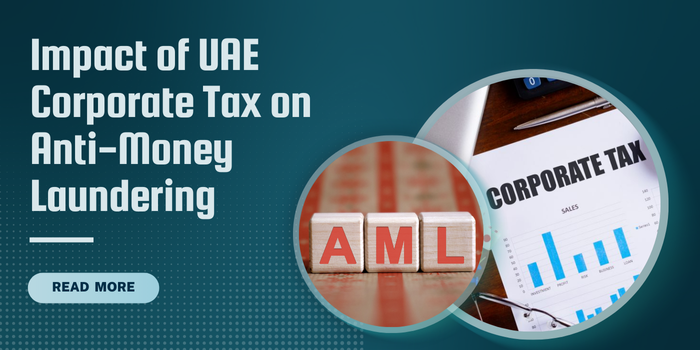In recent years, the UAE has emerged as a global business hub, renowned for its tax-friendly policies that attract foreign investments. The introduction of a UAE corporate tax regime marks a significant milestone in the UAE’s economic strategy, influencing various sectors including anti-money laundering (AML) measures.
Understanding Anti-Money Laundering (AML)
Anti-money laundering regulations play a crucial role in preventing financial crimes such as money laundering and terrorist financing. These regulations mandate businesses to conduct stringent due diligence, monitor transactions, and report suspicious activities to regulatory authorities.
Strengthening AML Framework in the UAE
The UAE has made substantial advancements in enhancing its AML framework, with recent initiatives by the UAE Central Bank focusing on stricter regulations and enhanced oversight. These measures aim to fortify financial transparency, mitigate risks associated with illicit financial activities, and uphold the UAE’s reputation as a compliant global financial center.
Role of Corporate Tax in AML Efforts
The implementation of corporate tax in the UAE contributes significantly to AML efforts through various mechanisms:
- Enhanced Financial Transparency: Corporate tax requirements compel businesses to maintain transparent financial records and disclose income sources. This transparency provides regulators with comprehensive data to monitor financial transactions effectively and detect potential money laundering activities.
- Deterrence Against Financial Crimes: Corporate tax obligations create financial disincentives for tax evasion, which is often a precursor to money laundering. Stricter enforcement and penalties increase the likelihood of detection, thereby deterring illicit financial behaviors.
- Allocation of Resources: Revenue generated from corporate taxes can be allocated towards strengthening AML capabilities. This includes investing in advanced technologies for transaction monitoring, enhancing training programs for financial institutions, and expanding regulatory oversight.
- International Reputation: A robust corporate tax framework enhances the UAE’s global reputation as a transparent and compliant jurisdiction. This fosters trust among international investors and financial institutions, reinforcing its attractiveness for business operations.
Conclusion
The introduction of corporate tax in the UAE not only diversifies revenue streams but also demonstrates its commitment to international AML standards. By promoting financial transparency, deterring financial crimes, and enhancing regulatory capabilities, corporate tax contributes significantly to safeguarding the UAE’s financial integrity and supporting sustainable economic development.
For businesses navigating the complexities of corporate tax compliance and AML regulations in the UAE, Elevate Accounting & Auditing offers specialized expertise and tailored solutions. Contact us today to learn how we can assist your business in navigating regulatory landscapes and ensuring financial compliance in the dynamic UAE market.

